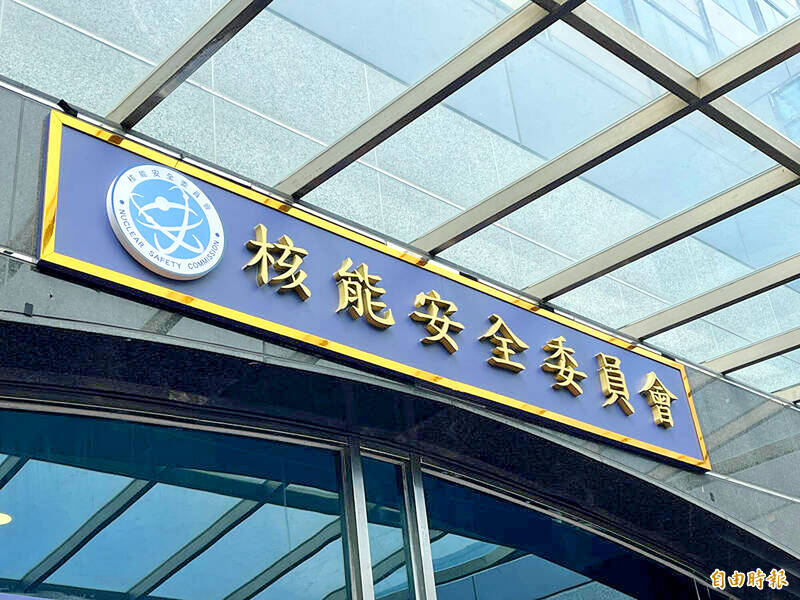Science
Taiwan’s Nuclear Safety Commission Launches Modular Reactor Initiative

The Nuclear Safety Commission (NSC) of Taiwan is set to embark on a significant four-year initiative to develop small modular reactors (SMRs) and micro modular reactor technologies. An official familiar with the plan disclosed that this project is projected to cost NT$800 million (US$26.45 million). Prior to this larger initiative, the commission will allocate NT$100 million next year to fund initial research on SMRs and to establish the capacity to review applications for the construction of these reactors.
This announcement comes in the wake of a recent referendum concerning the reactivation of the Ma-anshan Nuclear Power Plant located in Pingtung County, which ultimately failed to meet the required voting threshold. Despite this, the referendum revealed that support for the proposal was significant, with over 60 percent of voters in Hengchun Township backing it. Following the referendum, President William Lai ordered Taiwan Power Co to conduct safety inspections at the plant, emphasizing that the government remains open to exploring next-generation nuclear energy technologies.
Focus on Low-Carbon Energy Solutions
The NSC’s project, to be executed by the National Atomic Research Institute, will prioritize research into low-carbon and high energy density SMRs. Key objectives include establishing domestic capabilities for SMR construction, creating a legal framework for new-generation nuclear energy policy, and forming a national team dedicated to developing these technologies. The initiative aims to reduce the construction timeline for SMRs significantly.
In light of a declining demand for nuclear energy specialists—largely due to Taiwan’s “nuclear-free homeland” policy—the institute plans to send researchers abroad. They will engage in short-term research or internships at national nuclear energy laboratories in Europe, North America, and Japan, as well as pursue nuclear engineering courses at prestigious universities.
International Collaboration and Regulatory Standards
The NSC is also considering the involvement of the private sector and academic institutions in the development of new-generation nuclear reactors. Although countries like the United States, United Kingdom, and Japan have invested in similar studies, none have yet achieved commercial operational capabilities. Regulatory standards for these new reactor types in the US are still in development, prompting the NSC to closely monitor international regulatory frameworks.
The initiative marks a pivotal step for Taiwan as it navigates its energy policy and explores modern nuclear technologies, aiming to balance energy needs with safety and environmental considerations.
-

 Lifestyle3 months ago
Lifestyle3 months agoHumanism Camp Engages 250 Youths in Summer Fest 2025
-

 Sports3 months ago
Sports3 months agoDe Minaur Triumphs at Washington Open After Thrilling Comeback
-

 Business4 months ago
Business4 months agoKenvue Dismisses CEO Thibaut Mongon as Strategic Review Advances
-

 Sports4 months ago
Sports4 months agoTupou and Daugunu Join First Nations Squad for Lions Clash
-

 Top Stories4 months ago
Top Stories4 months agoColombian Senator Miguel Uribe Shows Signs of Recovery After Attack
-

 World4 months ago
World4 months agoASEAN Gears Up for Historic Joint Meeting of Foreign and Economic Ministers
-

 Business4 months ago
Business4 months agoOil Prices Surge Following New EU Sanctions on Russia
-

 Health3 months ago
Health3 months agoNew Study Challenges Assumptions About Aging and Inflammation
-

 Entertainment3 months ago
Entertainment3 months agoDetaşe-Sabah Violin Ensemble Captivates at Gabala Music Festival
-

 Entertainment3 months ago
Entertainment3 months agoBaku Metro Extends Hours for Justin Timberlake Concert
-

 Business4 months ago
Business4 months agoU.S. House Approves Stablecoin Bill, Sends to Trump for Signature
-

 Top Stories4 months ago
Top Stories4 months agoRethinking Singapore’s F&B Regulations Amid Business Closures









